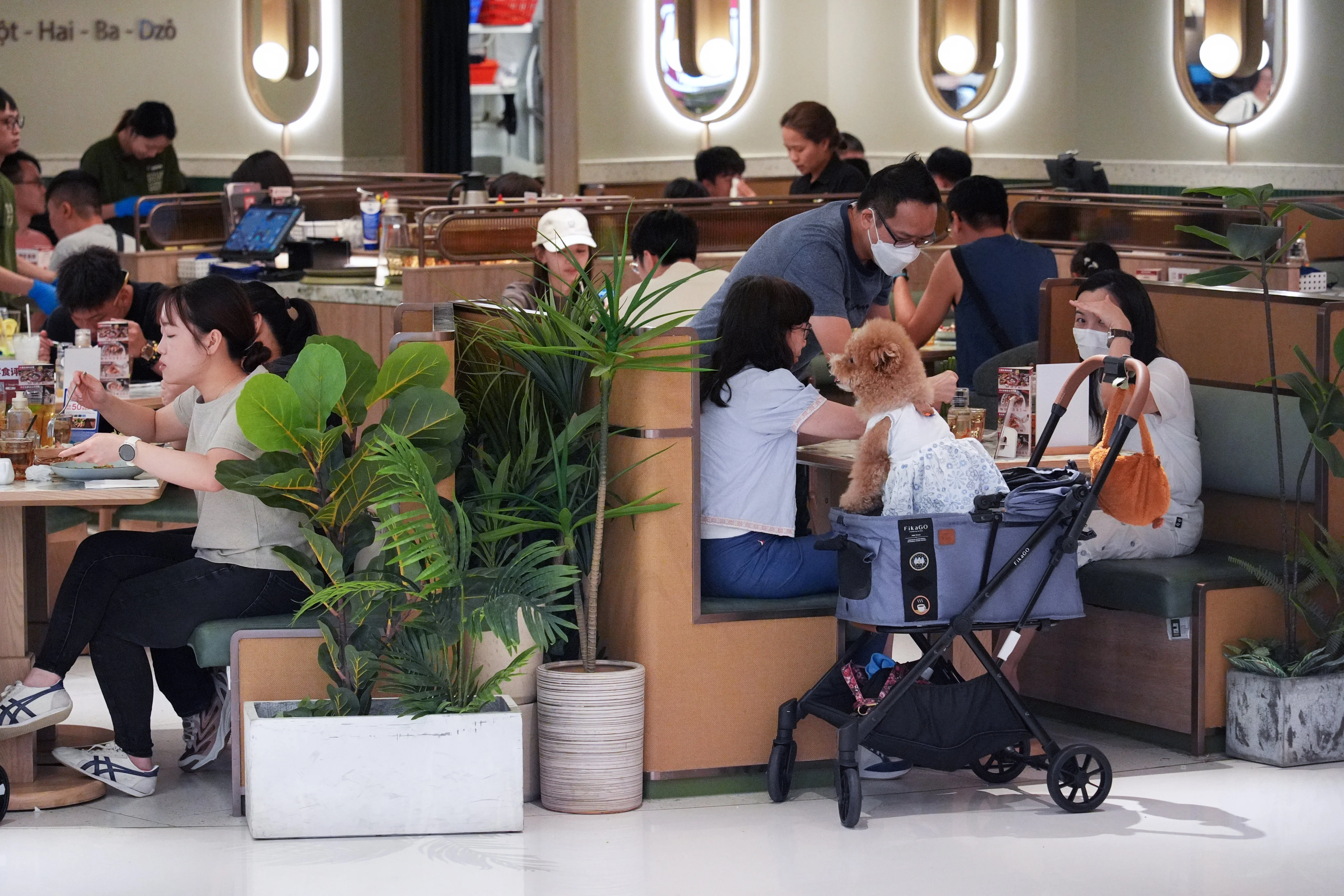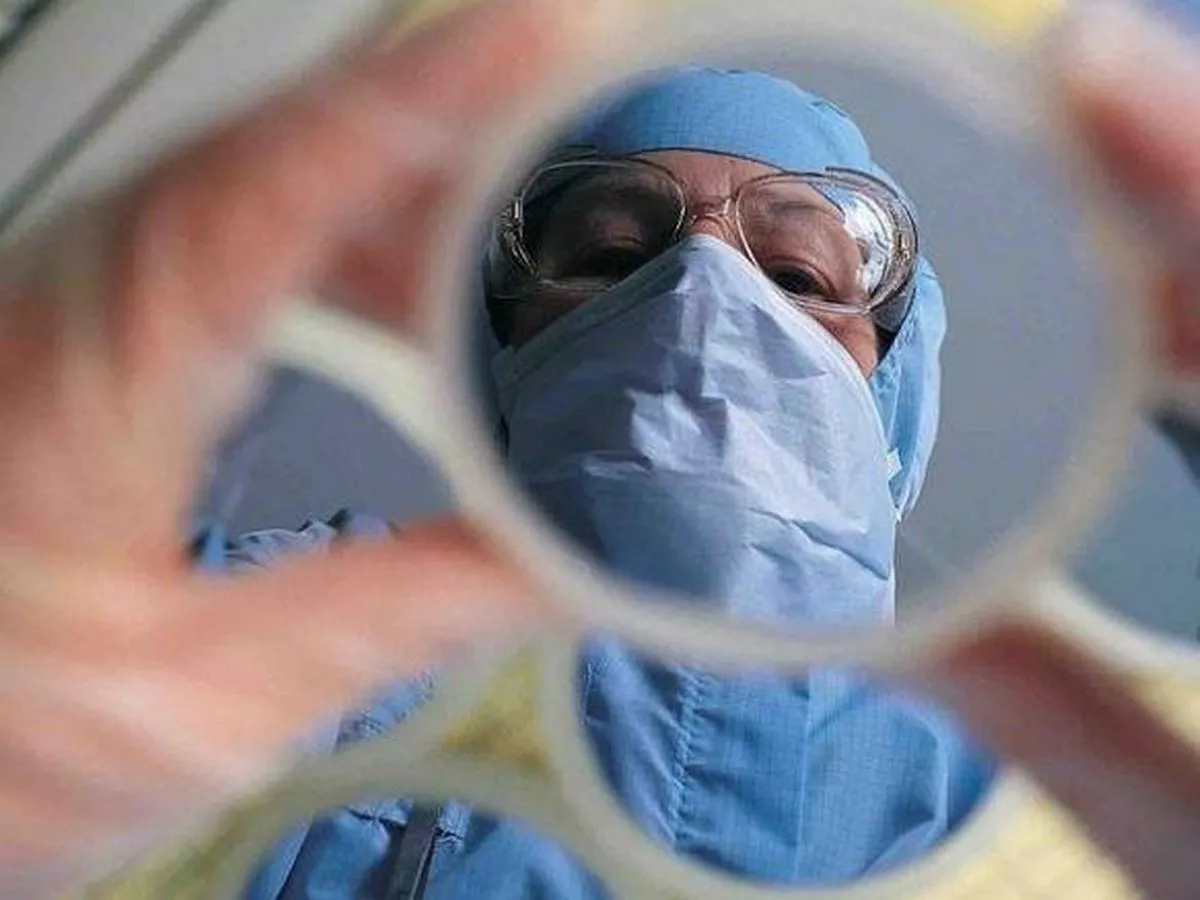By Wynna Wong
Copyright scmp

The restaurant industry and pet owners have urged the government to map out clear licensing rules, especially on hygiene, as Hong Kong prepares to lift a 30-year-old ban on dogs in eateries.
Simon Wong Kit-lung, chairman of the LH Group of restaurants and a dog owner, said the licence should explicitly define even basic points to avoid conflict.
He said the primary responsibility for managing dogs should lie with the owners. They should have legal responsibility for their pets’ actions, he added.
“Owners also need to ask themselves whether their dog is suitable to be taken to a restaurant,” Wong added, noting that not all pets were suited to a restaurant environment with other animals.
Wong said the licence should include a requirement that dogs could not urinate or defecate in the restaurant, or that owners needed to be the ones to clean up in the event of any accidents. He also suggested eateries should consider separate zones for regular diners and owners with their dogs.
The city leader’s latest policy address included a pledge to lift a ban in place since 1994 on pet dogs inside restaurants, with eateries expected to be able to apply for a special licence starting mid-2026. The government will consult the industry later this year on terms to be included in the licence.
Chief Executive John Lee Ka-chiu noted in his annual address last Wednesday that the last census revealed that 240,000 households in Hong Kong kept more than 400,000 cats and dogs as pets, “generating an enormous consumption market”.
A 2024 survey by pet insurance specialist OneDegree also found that owners were willing to spend significant amounts on their animals, which they viewed as family.
The survey, which interviewed more than 500 owners, found that over half, or 53.4 per cent, spent between HK$1,000 (US$128) and HK$4,999 per month on their pets, with the largest portion being on food and snacks, followed closely by veterinary and medication fees.
Wong welcomed the proposed policy, noting that some in the industry, including himself, had previously approached the government about its possibility, particularly with the trend of residents travelling to mainland China for leisure, but also for essential spending like car repairs, dentist appointments and groceries.
“Pets cannot go up north because the quarantine period is very long,” Wong said.
“[Pets in restaurants] isn’t new; it’s common in Europe, America, Japan and Taiwan.”
Simon Wong Ka-wo, president of the Hong Kong Federation of Restaurants and Related Trades, agreed that the new measure was “definitely going to help” some eateries and would be particularly beneficial to those in areas such as Sai Kung where many dog owners lived or visited.
Asked about heated discussions online as some expressed worries over hygiene or simply did not want to dine with animals, Wong said the market would adjust accordingly.
“It’s up to the restaurant owner to decide if it’s worth it to apply for the licence or not. It’s not a compulsory thing,” he said.
A manager, who asked to remain anonymous as her pet-friendly cafe has been operating under a legal grey area, said the government’s move was a step in the right direction but expressed doubt that it would create any significant boost for the industry.
She said the second floor of her cafe was reserved for pets and their owners.
“We like to say this upstairs area is our boss’ private space, and we have ‘friends’ eating here with takeaway cutlery,” she said, noting that some other restaurants worked around the ban by using outdoor space.
She said while conflicts happened occasionally, dog owners understood the risks.
“We would have two or three tables of dogs, and some of the dogs might be untrained or very anxious,” she said.
“It’s unavoidable that dogs might get into a fight, but we make sure we tell customers to keep their dogs on a leash.”
However, she did not expect much impact on business from the ban being lifted.
“It won’t help at all,” she said. “Heading across the border is so easy and can be done on the same day.
“Plus, people have become used to staying home since the pandemic. I don’t expect more business simply by officially allowing dogs.”
Still, she said her cafe would apply for the licence once it became available and hoped the process would be quick and simple.
“I hope the government doesn’t just give up halfway,” she said. “Don’t just talk about it, consult us and then it goes nowhere.”
One of her customers, surnamed Chan, expressed excitement about the proposal.
“I’m always happy to take my dogs out for a meal, but it’s always so difficult in the summer and when it’s raining,” she said.
“So if the government really implements a new policy, it’s a good thing for us.”
She suggested authorities implement a system similar to the existing restaurant grading system to ensure hygiene standards are met.
“Random spot checks will be crucial, especially at the beginning,” she said.
Arial Ng, a lawyer and dog owner, expressed scepticism and foresaw that authorities would first need to work out a lot of details, and wondered if the rules would become unfavourable.
“Do the dogs get to sit on seats, and will they need to wear a muzzle or a diaper?” she said.
“What if conflicts happen with regular diners and we end up being placed in a lousy area? And what happens if the restaurant allows pets, but the shopping centre it is located in doesn’t?
“I think these are things that need to be worked out … I’ve seen how the government treats hamsters and wild boars, so I will wait and see.”



